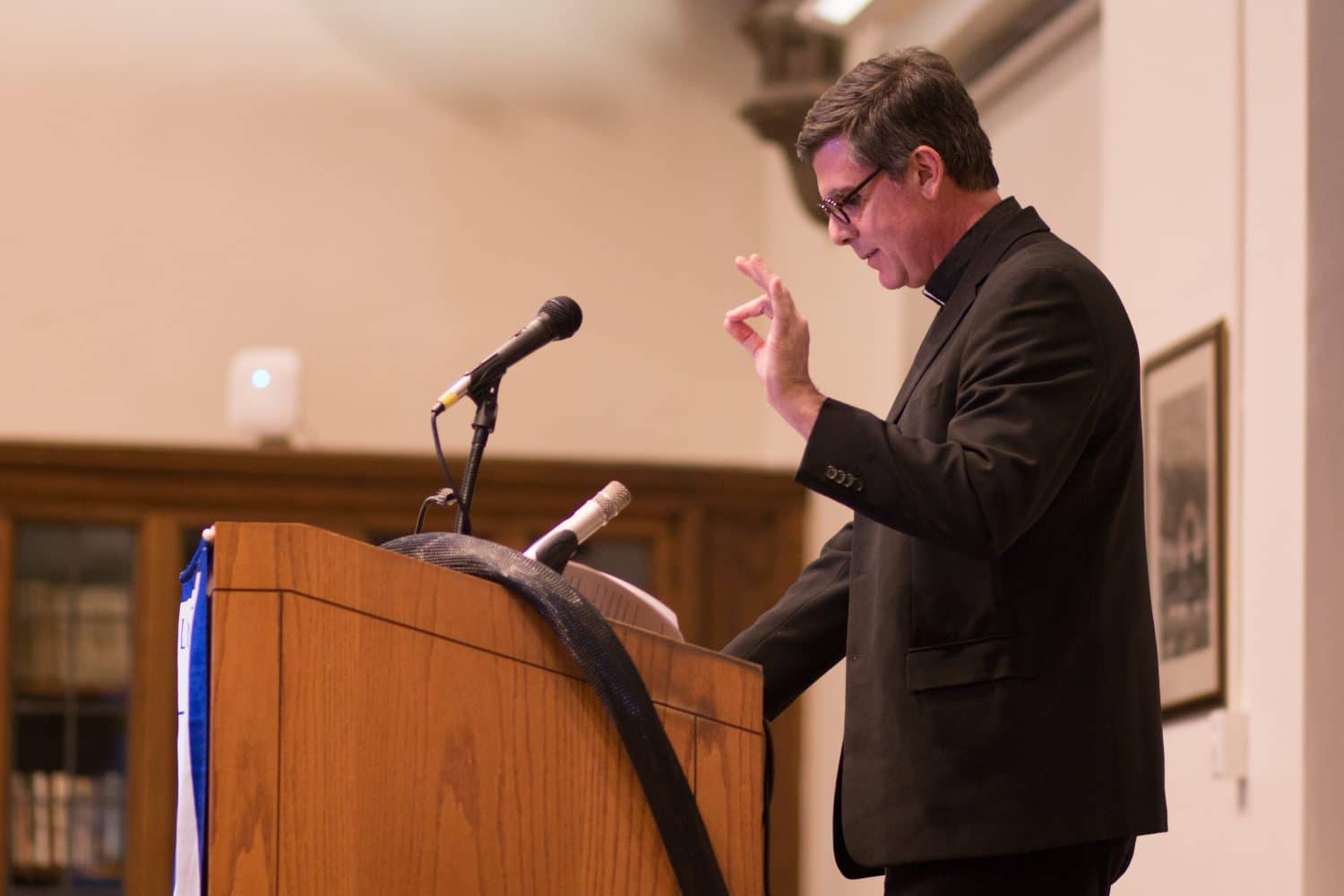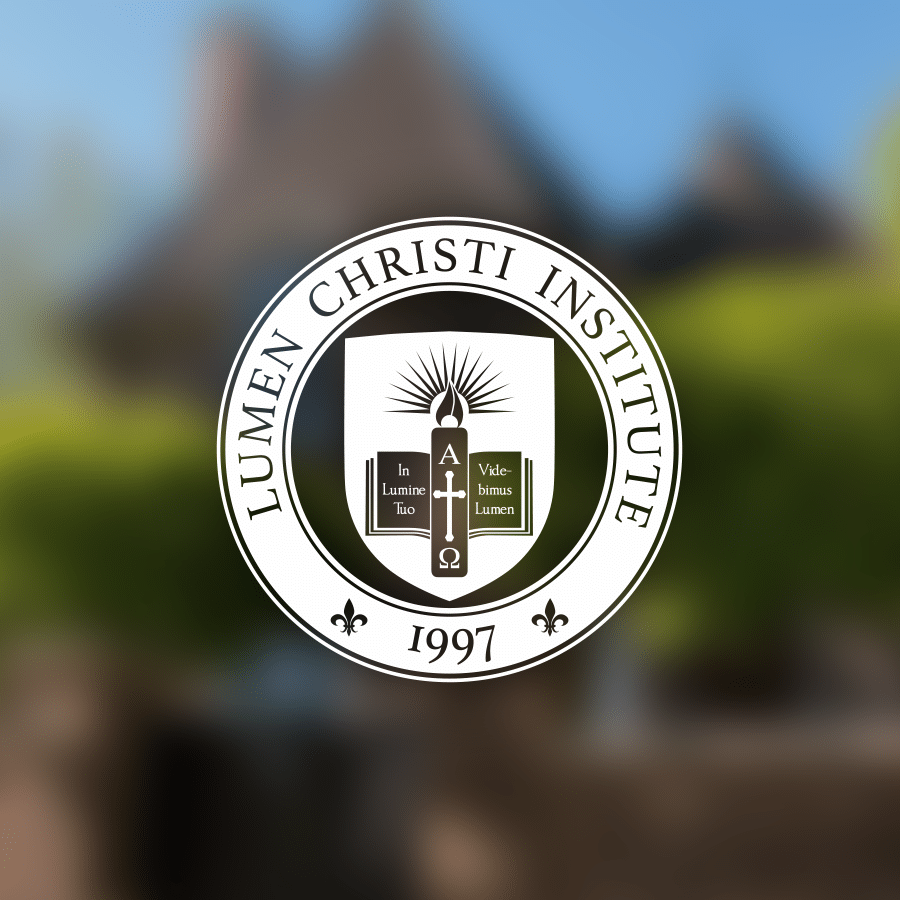Ambrose and Augustine on Christian Holiness

Free and open to the public. This event was held online through Zoom and live-streamed to YouTube. This event was co-presented with the Bollandist Society. While Saints Ambrose and Augustine never define Christian holiness, this was the pursuit that fueled all of their writings, all of their sermons, and directed their everyday lives. By examining the writings of these two pillars of the Western Church, today’s talk seeks to show how Ambrose and Augustine understood holiness and what that might mean for our lives today.
United by Their Loves: Deciphering Augustine’s Understanding of a People
_-_Google_Art_Project_-_edited-1367x1000.jpg)
This event is cosponsored by America Media. The president in his inaugural address quoted Augustine of Hippo’s definition of a people as “a multitude defined by the common objects of their love.” This surprising event offers us the occasion to consider Augustine’s definition and its implications for our understanding of life in society: what role do our loves play in fashioning us as people? Can disparate loves divide a people? What does Augustine think we should love in order to belong to the people who inhabit the City of God? Join us for a moderated conversation between Profs. Russell Hittinger, Michael…
Master Class on “The Myth of Unconditional Love: Augustine on the Love of God, Neighbor, and Self”

Open to current students and faculty. Others interested in participating should contact info@lumenchristi.org. All registrants will receive pdfs of the selected readings, which should be read in advance of the class. An optional wine and cheese reception will follow. Following Kant’s insistence that individuals must be treated as ends in themselves and not means to something else, Hannah Arendt objected that Augustine’s subordination of the love of people to the love of God did not allow a true love of one’s neighbor. Citing his distinction between love as enjoyment (frui), which alone applied to God, and love as use (uti),…
Master Class on Yves Simon’s “Philosophy of Democratic Government”

What is Contemplation? Reflections of a Monk
